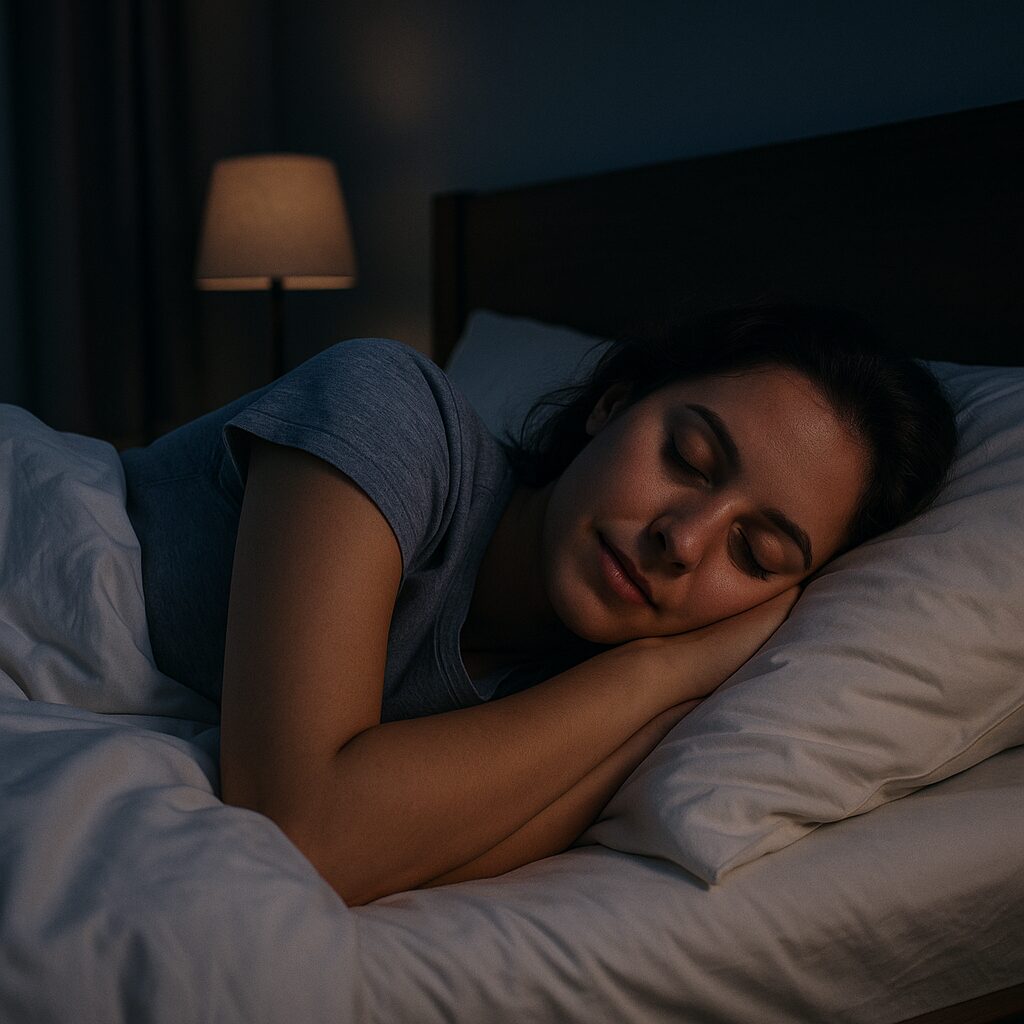Good sleep is essential for health, yet many people struggle with falling asleep or staying asleep. Poor sleep hygiene may be one of the reasons. Sleep hygiene refers to lifestyle habits and environmental factors that support healthy sleep. This article introduces seven practical habits that may improve sleep quality.

1. Keep a Regular Sleep Schedule
Going to bed and waking up at the same time every day helps regulate the body’s internal clock. Even on weekends, keeping consistent hours may improve sleep quality.
2. Reduce Screen Time Before Bed
Blue light from phones, TVs, and computers may delay melatonin release. Limiting screen use at least one hour before bedtime and choosing relaxing activities such as reading may help.
3. Create a Comfortable Sleep Environment
A quiet, dark, and cool room may support deeper sleep. Clean bedding, proper room temperature, and tools like earplugs or sleep masks can also be useful.
4. Limit Caffeine and Alcohol
Caffeine consumed late in the day may interfere with falling asleep. Alcohol may induce sleep initially but can disrupt deep sleep later. Moderation is generally recommended.
5. Stay Physically Active
Regular exercise may improve sleep quality. However, intense workouts late at night may increase alertness, so lighter activities such as stretching or walking are better before bed.
6. Eat Smart in the Evening
Heavy or spicy meals before bedtime may cause discomfort. Light snacks such as bananas or warm milk may support relaxation and sleep readiness.
7. Practice Relaxation Routines
Activities like meditation, breathing exercises, or journaling may reduce stress before bed. Establishing a nightly routine may signal to the body that it is time to sleep.
🍀
Improving sleep hygiene does not require drastic changes. Small, consistent habits may lead to better rest, improved energy, and overall health. Choosing realistic routines is key to sustainable results.
References and Further Reading
World Health Organization (WHO) – Healthy Sleep Guidelines
National Institutes of Health (NIH) – Sleep and Health
American Academy of Sleep Medicine (AASM) – Sleep Hygiene Tips
※ This article is for general informational purposes only. Effects may vary individually, and professional consultation is generally recommended for persistent sleep problems.